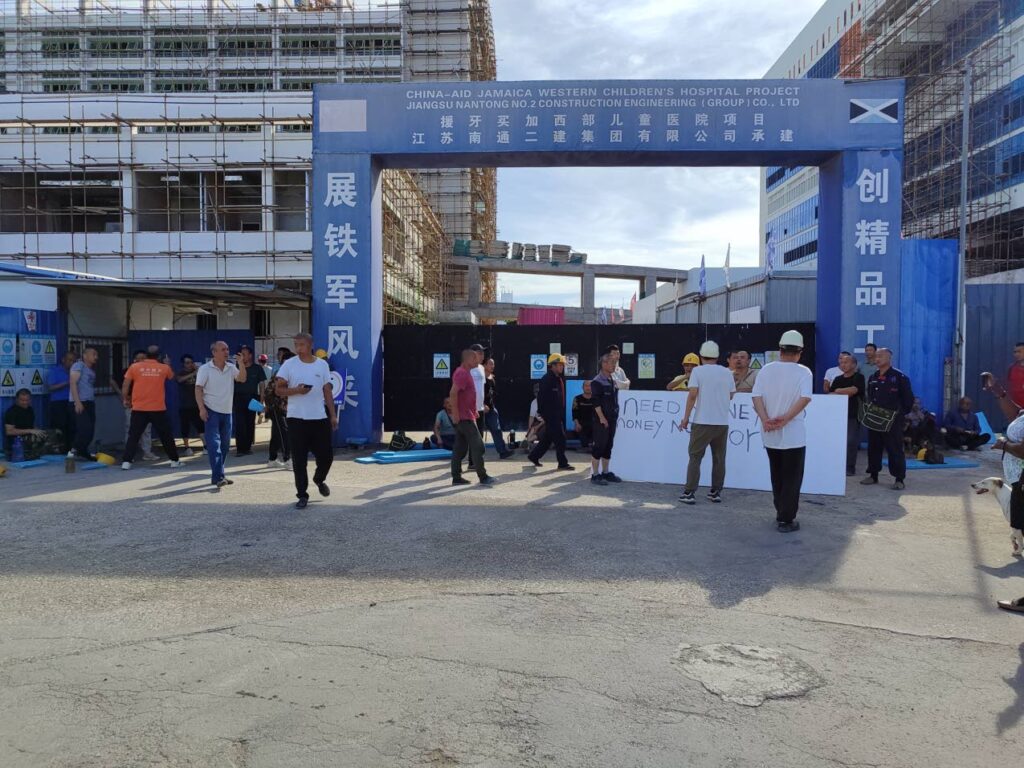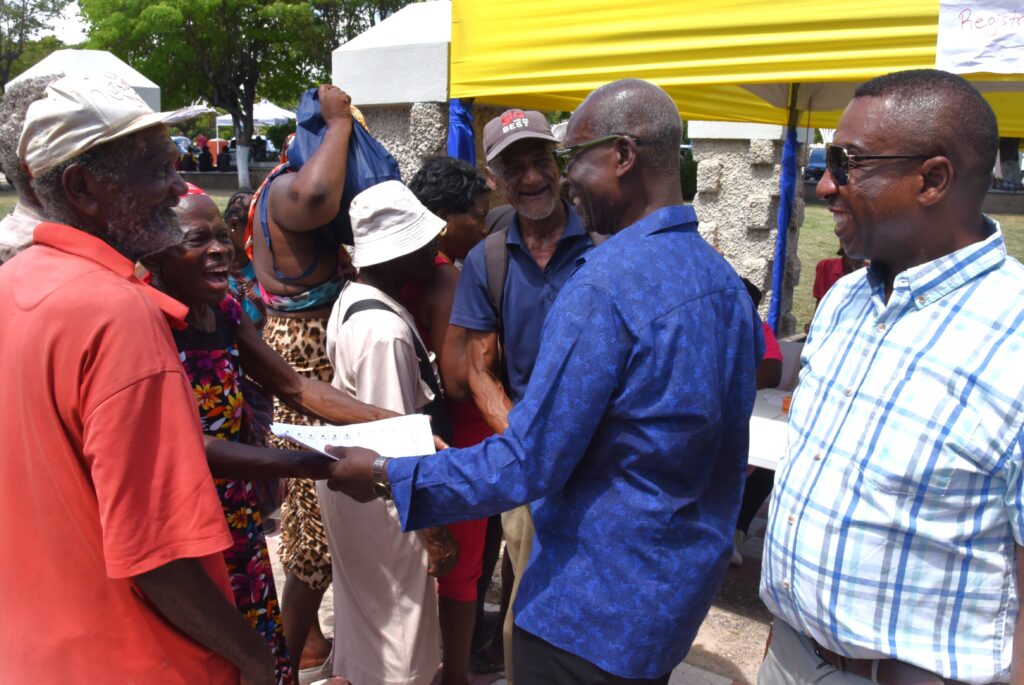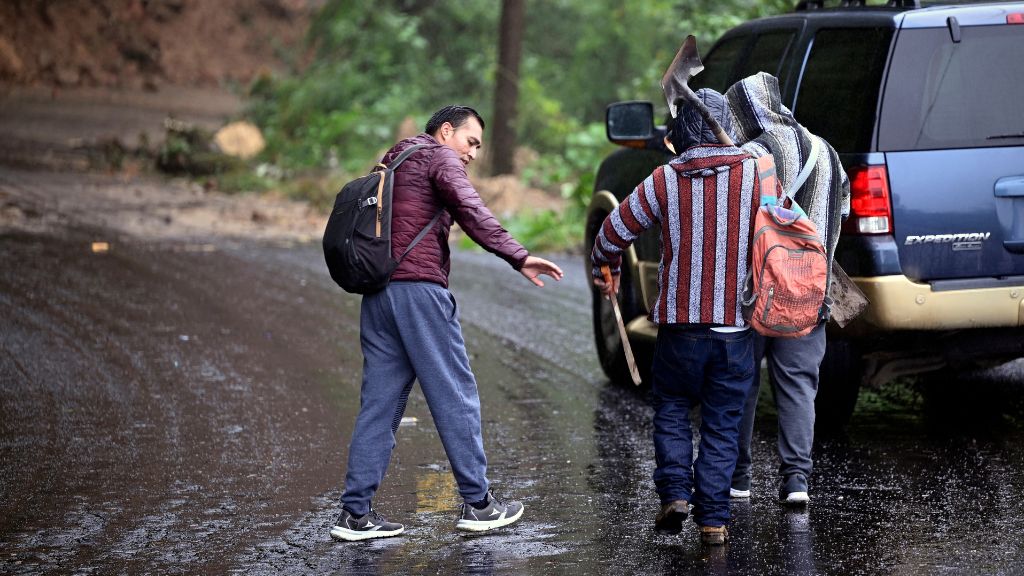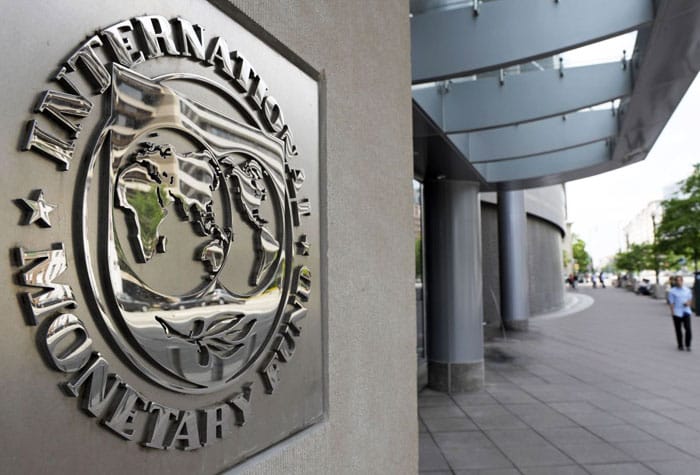IMF reports economic progress in Haiti despite ongoing security crises and institutional fragility, urging continued reforms and international grant support.
KINGSTON, Jamaica – The International Monetary Fund (IMF) has reported progress in Haiti’s economic programme despite persistent security threats and institutional weaknesses that continue to hamper broader growth and social stability.
The IMF’s virtual mission, led by staff chief Camilo E. Tovar, concluded the second review of Haiti’s Staff-Monitored Programme (SMP) on October 8, following discussions with key Haitian authorities including Finance Minister Alfred Métellus and Central Bank Governor Ronald Gabriel. The SMP—an informal IMF arrangement assessing economic policies—found that Haiti has met all quantitative and indicative targets as of June 2025, signalling adherence to the programme’s fiscal and monetary discipline commitments in an extraordinarily difficult environment.
Fiscal developments reflect cautious but significant improvements. Haiti’s budget for fiscal year 2025 was broadly balanced for the first time in recent memory, a turnaround after years of chronic deficits that weakened government capacity and increased reliance on external aid. This balance was achieved through enhanced revenue collection—despite weak institutional tax administration—and tight spending control amid ongoing insecurity that limits government operations. Notably, social spending rose about 34 per cent, directly supporting vulnerable populations under pressure from deepening humanitarian needs linked to food insecurity, displacement, and poverty. This increase was partly financed through the IMF’s Food Shock Window rapid credit facility, which injects emergency resources during crises.
Another key positive is Haiti’s external position. Gross international reserves exceeded US$3.1 billion by July 2025, enough to cover approximately seven months of imports, an important buffer for this import-dependent economy. This resilience owes much to sizeable remittance inflows from the Haitian diaspora, which have increased in recent years as migrants send more money home to support families coping with escalating insecurity and economic hardship. These remittances help stabilise the exchange rate and maintain domestic liquidity, although they also highlight Haiti’s dependence on external income sources amid limited domestic production.
Yet the economic outlook remains challenged. The economy has now contracted for a seventh consecutive year, reflecting the cumulative impact of political turmoil, natural disasters, and most recently widespread gang violence that disrupts trade and investment. Inflation, hovering near 32 per cent year-on-year, continues to erode purchasing power for a population where many survive on limited earnings. The banking sector is similarly vulnerable, with a nonperforming loan ratio above 13 per cent, underscoring rising credit risks as borrowers struggle amid uncertain conditions. Nevertheless, banks maintain capital adequacy ratios above regulatory minimums, suggesting some capacity to absorb shocks.
Underlying these economic conditions is Haiti’s entrenched security crisis. Gang control over neighbourhoods and critical infrastructure paralyses public service delivery and deters domestic and foreign investment. The IMF highlights that these challenges restrict fiscal policy space by constraining both revenue mobilisation and effective budget execution, especially for critical social and security spending that would help stabilise communities and protect the most vulnerable.
Risks to growth are heavily weighted to the downside. The IMF flagged concerns over potential changes in migration and trade policies by major partners, which could sharply reduce exports and curtail remittance flows—two vital sources of foreign exchange for Haiti. Such disruptions would exacerbate fiscal pressures, deepen humanitarian crises, and potentially trigger social unrest, compounding existing issues tied to weak governance and insecurity.
There is cautious hope, however, that emerging security initiatives could foster progress. The United Nations Security Council recently authorised a transition from the longstanding Multinational Security Support Mission to a new Gang Suppression Force, supported by the UN’s Support Office for Haiti and regional organisations including the Organization of American States. Success in this endeavour would be critical to restoring order, rebuilding state institutions, and encouraging the investment needed for long-term economic development.
The IMF urged Haitian authorities to accelerate governance reforms aimed at enhancing transparency, reducing corruption, and strengthening controls over public financial management. Critical priorities include modernising tax and customs administration through automated data sharing systems, completing rollout of digital tax services for large taxpayers, and improving treasury cash management to ensure adequate funding for essential projects and social programmes. Maintaining the central bank’s monetary policy credibility—reflected in sustained zero-financing of the fiscal deficit and stable exchange rate management—is also essential to controlling inflation and preserving macroeconomic stability.
Financial sector reforms remain a priority, with calls to intensify bank inspections, integrate risk assessment frameworks, and finalise updates to accounting standards. Transparency improvements include timely publication of audited central bank financial statements and enhanced alignment of government finance statistics with international best practices, allowing for better policymaking and investor confidence.
While progress under the SMP is welcome, IMF officials underscore that Haiti’s urgent social and development needs require continued international financial support, stressing that assistance should come as grants rather than non-concessional loans to avoid debt sustainability risks. Such support is vital to building a foundation for inclusive growth and poverty reduction in one of the hemisphere’s most fragile countries.
“This mixed picture of resilience amid adversity reflects Haiti’s complex reality,” the IMF mission said in its statement. “Sustained improvement will require addressing deep-rooted security and institutional challenges alongside economic reforms.”
The Fund pledged to maintain close collaboration with Haitian authorities, development partners, and regional organisations under its Fragile and Conflict-Affected States Strategy to support the country’s recovery path.










